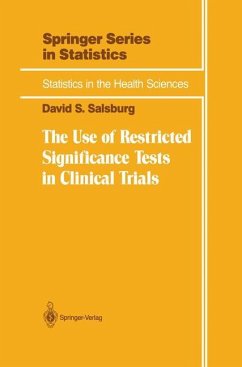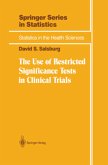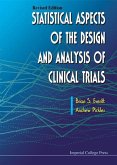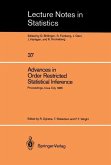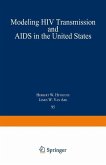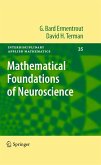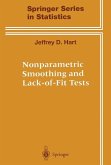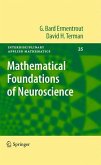The reader will soon find that this is more than a "how-to-do-it" book. It describes a philosophical approach to the use of statistics in the analysis of clinical trials. I have come gradually to the position described here, but I have not come that way alone. This approach is heavily influenced by my reading the papers of R.A. Fisher, F.S. Anscombe, F. Mosteller, and J. Neyman. But the most important influences have been those of my medical colleagues, who had important real-life medical questions that needed to be answered. Statistical methods depend on abstract mathematical theorems and often complicated algorithms on the computer. But these are only a means to an end, because in the end the statistical techniques we apply to clinical studies have to provide useful answers. When I was studying martingales and symbolic logic in graduate school, my wife, Fran, had to be left out of the intellectual excitement. But, as she looked on, she kept asking me how is this knowledge useful. That question, what can you do with this? haunted my studies. When I began working in bio statistics, she continued asking me where it was all going, and I had to explain what I was doing in terms of the practical problems that were being ad dressed.
Hinweis: Dieser Artikel kann nur an eine deutsche Lieferadresse ausgeliefert werden.
Hinweis: Dieser Artikel kann nur an eine deutsche Lieferadresse ausgeliefert werden.
"...A broad range of statistical methodologies is surveyed including restricted chi-square tests, normal theory tests, nonparametric tests, permutation and resampling methods and Bayesian estimation...For anyone who wants to think deeply about the basic issues involving the design and analysis of clinical trials, this book is a must read.."(Zentralblatt für Mathematik)

